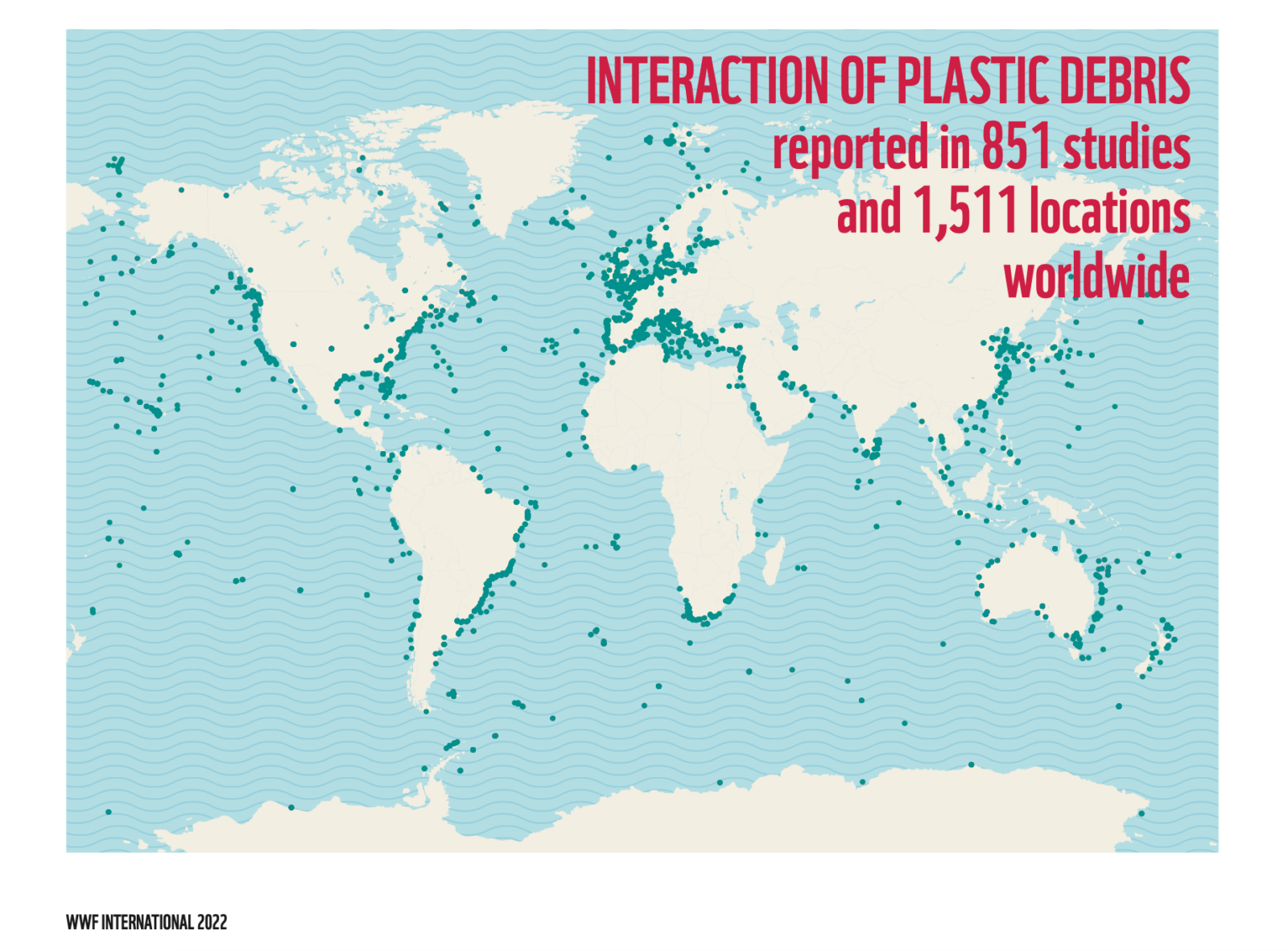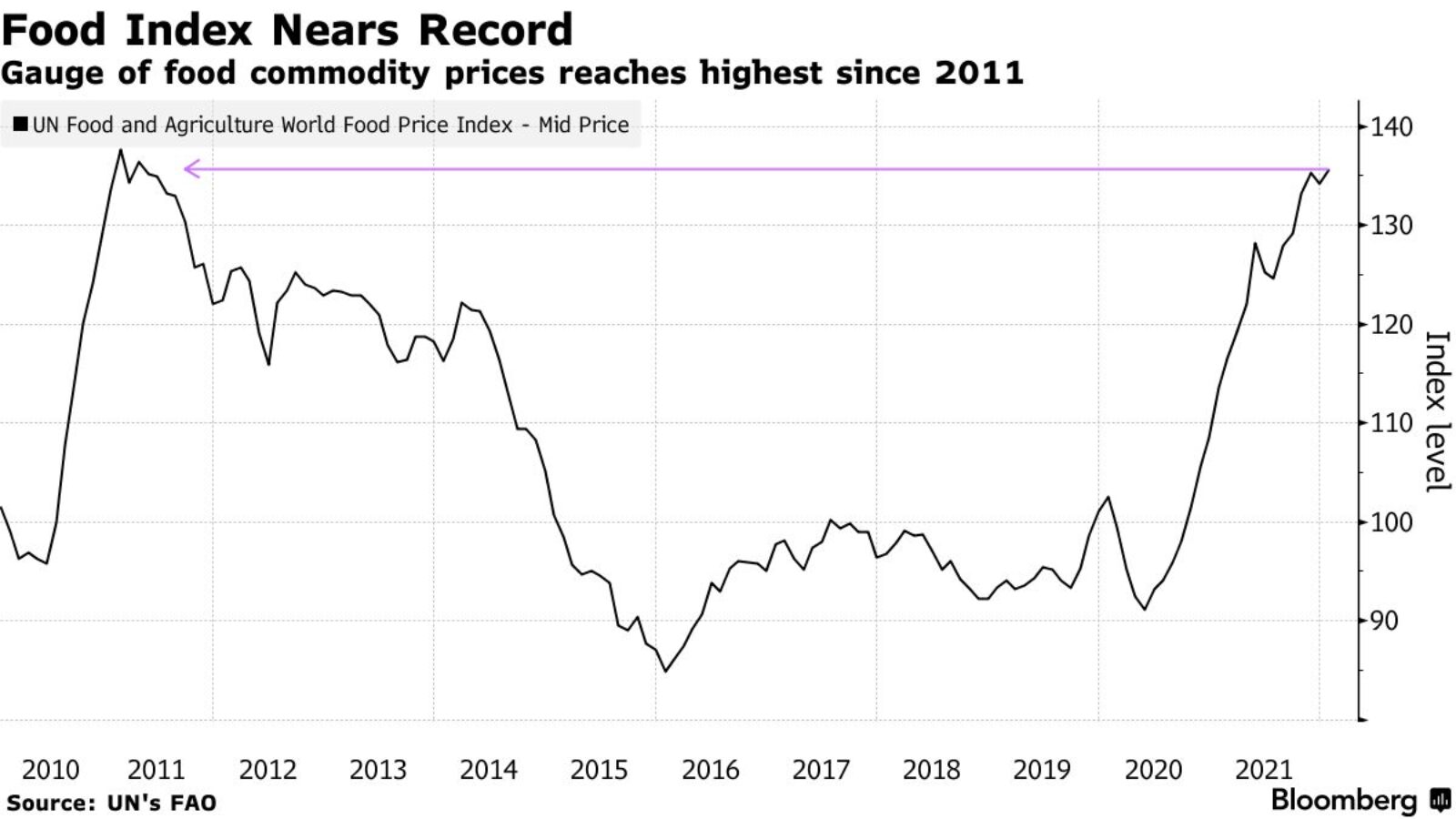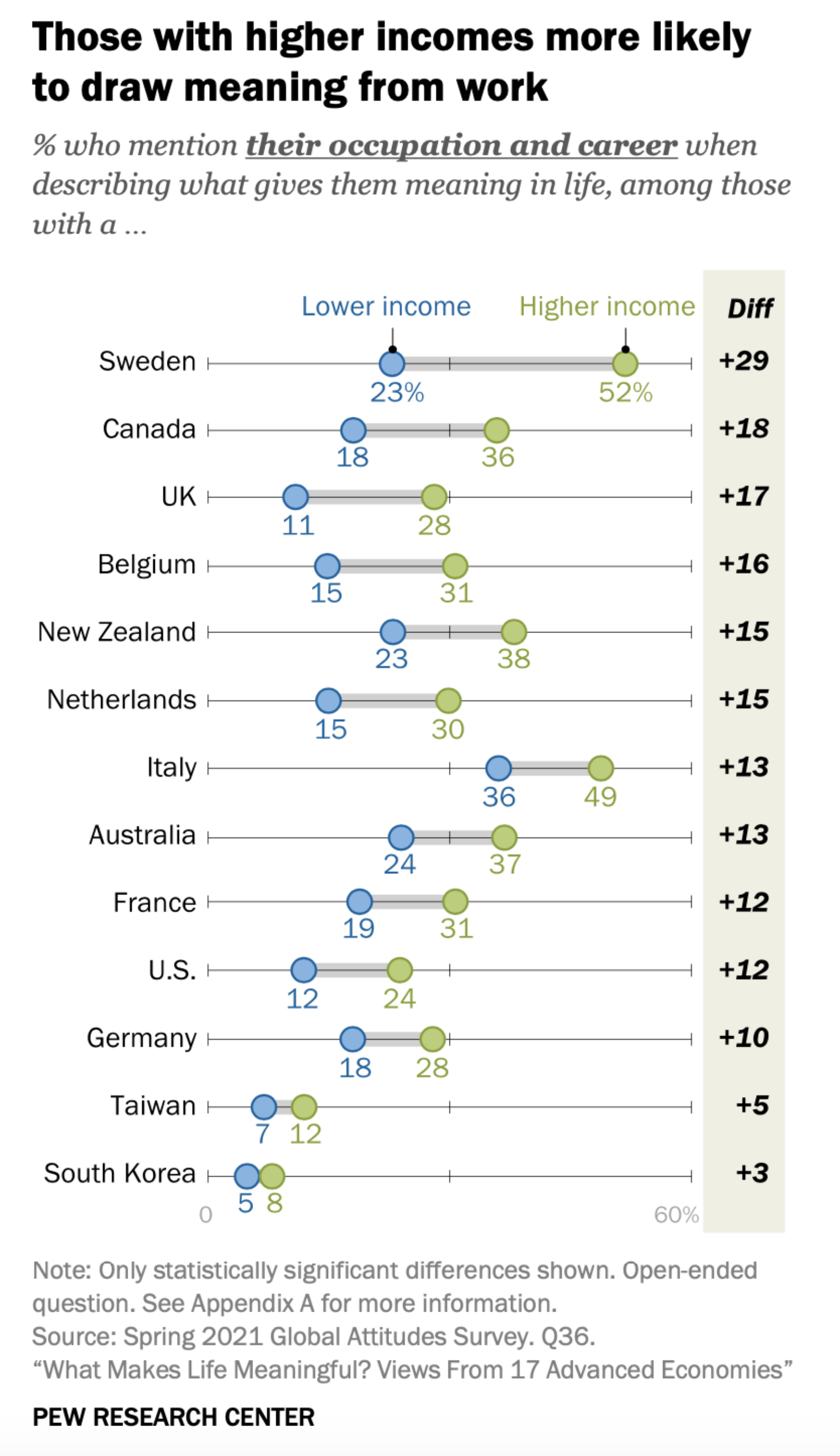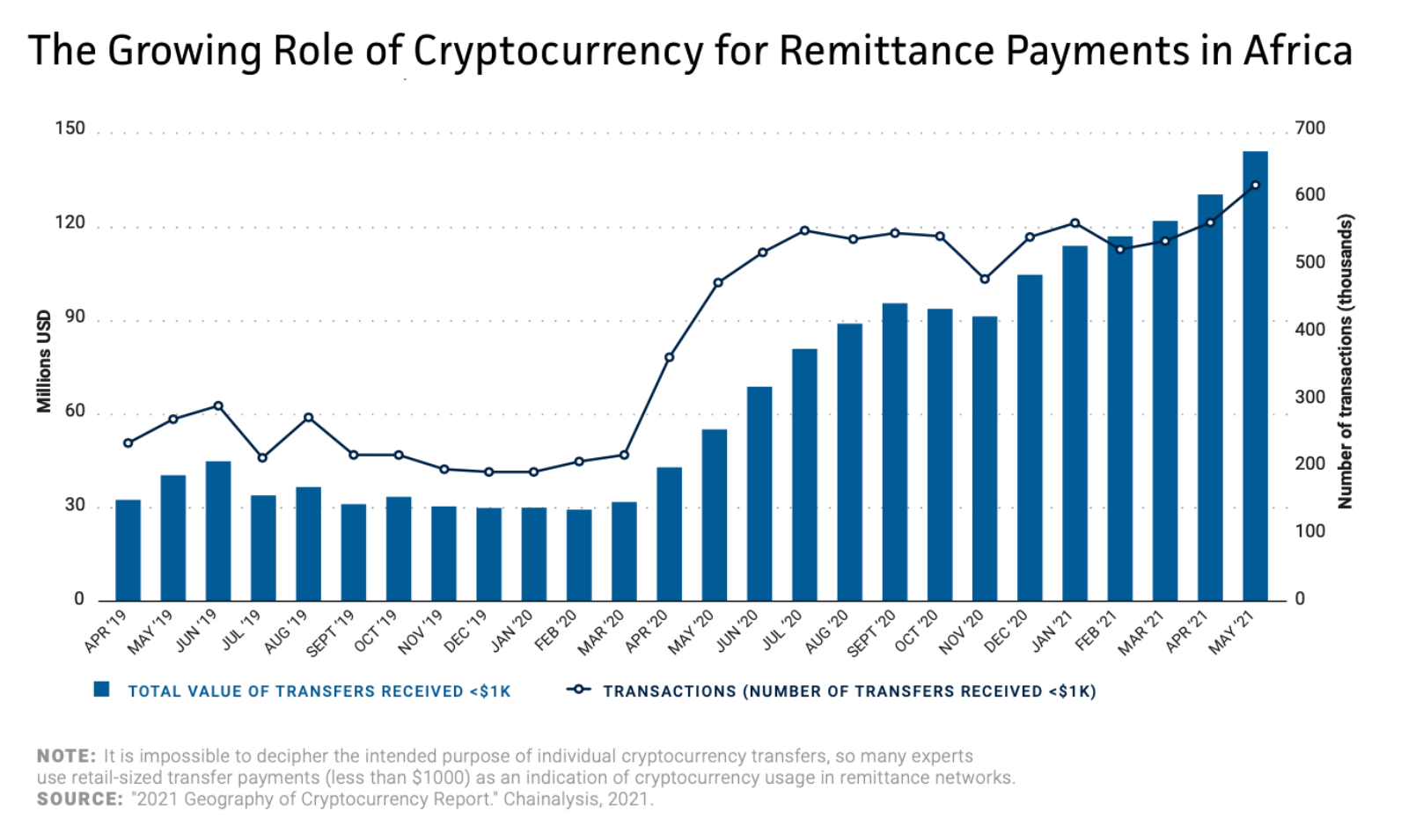Racial Employment Gap in US Grows, Leaving Black Americans Behind
Black Americans have the same participation rate in the labor force, but are still twice as likely to be unemployed as white Americans, says the January jobs report from the U.S. Bureau of Labor Statistics.
Unemployment decreased for Black workers from 7.1% in December to 6.9% but is still double the 3.4% rate of white workers. The 2:1 ratio has persisted for more than 40 years and is seen in almost every state where Black workers make up a significant share of the workforce, according to Valerie Wilson and Jhacova Williams’s research.
Wilson and Williams also found that only Black workers with advanced degrees had unemployment rates below 4%, the national average. In contrast, with the exception of those with less than a high school diploma, white unemployment is below 4% at all levels of education. “The fact that the country’s most highly educated black workers are still less likely to be employed than their white counterparts … strongly suggests that racial discrimination remains a major failure of an otherwise tight labor market,” write Wilson and Williams.






